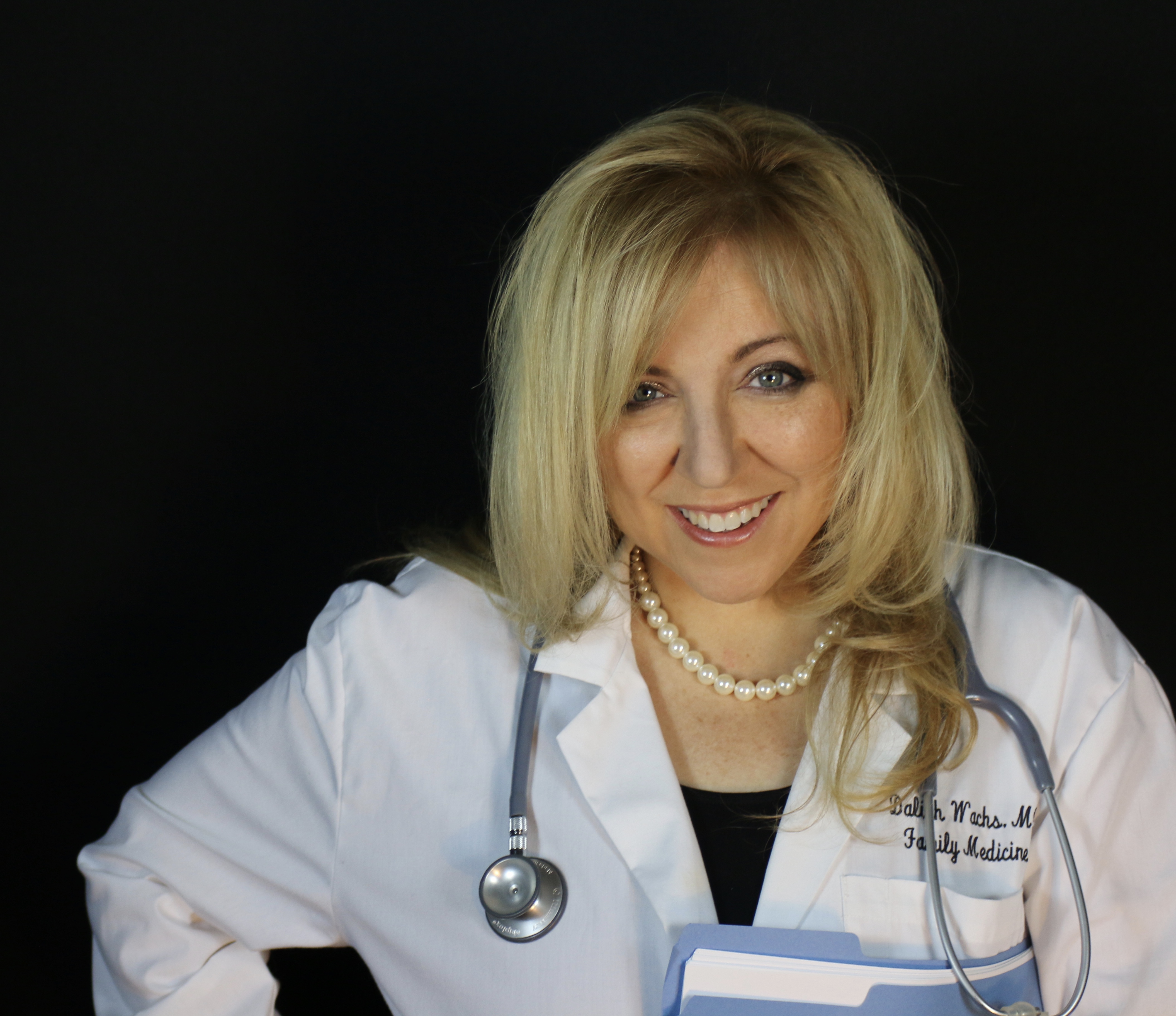Image above from Vizaca.com
56 year-old Frank Fritz of the hit show American Pickers has suffered a stroke.
His costar, former classmate, and close friend Mike Wolfe posted the news on Instagram.
Wolfe stated:
I have been very private in the past year in regards to Franks life and the journey he’s been on. There has been lots of opinions in regards to mine and Frank’s friendship and the show but now is not the time to set the record straight. Now is the time to pray for my friend.
Frank has suffered a stroke and is in the hospital. Please keep him in your hearts and thoughts.
Frank I pray more than anything that you make it through this okay. I love you buddy.
Fritz had left the popular restoration show in March of 2020 to deal with back surgery and his ongoing issues with Crohn’s disease, according to TMZ.
Those who suffer from inflammatory bowel diseases, such as Crohn’s are at higher risk of ischemic stroke.
This is a developing story………………….
What is a stroke?
A stroke occurs when an area of the brain does not get the proper oxygen and blood flow it needs. There are two major types of stroke: ischemic and hemorrhagic.
Ischemic strokes are more common than the latter and occur when a clot prevents blood flow to part of the brain. 80% of all strokes fall under ischemic. It is likened to a heart attack, except the brain tissue is being deprived of blood and nutrients. Plaques commonly arise from arteriosclerosis that break off travel to the smaller vessels of the brain.
Hemorrhagic strokes are less common and occur when there is a bleed of one of the brain vessels. The bleed prevents blood flow into the brain since it seeps outside the brain tissue, causing damage to nearby cells. The bleeds could occur from high blood pressure or aneurysms that rupture.
What are the signs of a stroke?
Since a clot or bleed usually affects one area of the brain, we see symptoms on one side of the body, many times its contralateral (opposite) side. We can also see central effects. The symptoms of stroke include the following:
- Weakness of one side of the body
- Loss of balance
- Numbness on one side of the body
- Slurred speech
- Vision issues
- Headache
- Facial droop
and more…..
How are strokes treated?
If the stroke was caused by a clot (ischemic) immediate treatment includes dissolving/removing the clot. Aspirin is used initially and if within the proper time frame, tissue plasminogen activator (TPA). These clots can also be surgically removed and arteries widened to bring blood flow to the brain.
With a hemorrhagic stroke, we need to stop the bleed and improve flow to the brain. Controlling the bleed, bypassing the vessel, “clogging” the aneurysm with techniques such as “coiling” (endovascular embolization) are sometimes utilized.
Time is of the essence, so its crucial to identify the warning signs and call 911 immediately. The American Stroke Association uses the acronym “FAST” (Facial drooping, Arm weakness, Speech difficulty, and Time to call 911). The sooner a stroke victim receives medical attention the better the prognosis.
What are the risk factors for stroke?
The following put us at risk of having a stroke.
- High blood pressure
- Family history of stroke
- Diabetes
- Cardiovascular disease (artery clogging, such as the heart and carotid arteries)
- Abnormal heart rhythms, such as atrial fibrillation
- Smoking
- Drugs
- Obesity
- Inactivity
- Clotting disorder
- Sleep apnea
- Being older (greater than 55)
- African-Americans appear to be more at risk than Caucasians and Hispanics
- Men seem to be more affected than women
- Inflammatory bowel disease
How do we prevent strokes?
Avoid the following:
- Excessive drinking
- Drug use
- Tobacco products
- Control blood pressure, sugar and cholesterol
- Get evaluated by a medical provider if at risk for heart disease or stroke.
Preventing Heart Disease
Firstly, we must know our risk factors. These include:
- Family history of heart disease
- Personal history of heart disease
- High Blood Pressure
- High Cholesterol
- Diabetes
- Smoking
- Obesity
- Inactivity
- Males over 40
- Females who are post-menopausal
- High stress
and even short stature has been cited as a potential risk factor.
As you can see, many of us can be at risk for heart disease. Therefore secondly, we should be evaluated with an EKG, echocardiogram and any other exams our medical provider and/or cardiologist deem necessary.
Thirdly, reduce your risk by the following:
- Maintain a normal blood pressure
- Maintain normal blood sugar
- Maintain normal cholesterol and lipid levels
- Reduce stress
- Maintain a balanced diet, rich in potassium-rich foods such as fruits and vegetables
- Quit smoking
- Stay active
- Maintain a healthy weight.




Leave a comment